Turkish Aid Organization in Gaza Carries Troubling History of Extremist Ties
A Turkish NGO's involvement in Gaza reconstruction raises oversight concerns due to alleged ties to Hamas, al-Qaeda networks, and arms smuggling to jihadists
Editor’s Note: Due to the global internet outage on October 20th, 2025, the original version of this article was not published properly and was subsequently deleted. This is the corrected and complete version.
The Turkish NGO, the IHH Humanitarian Relief Foundation, began reconstruction work in Gaza on October 18, 2025, marking its expanded presence in the territory following the ceasefire. Yet the organization’s participation in Gaza’s rebuilding efforts has drawn scrutiny due to its alleged links to terrorist and extremist networks— including Hamas and Al Qaeda— for more than two decades.
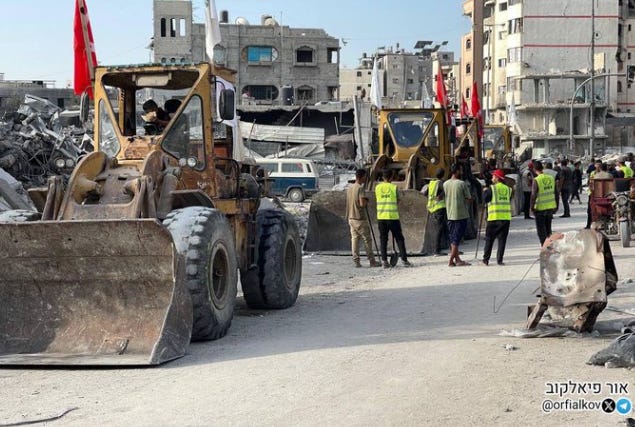
Designation as Terrorist Entity and Alleged Hamas Connections
Israel outlawed IHH in 2008. It also maintains membership in the Union of Good, an umbrella network of more than 50 Islamic organizations that the U.S. Treasury Department designated in 2008 as “an organization created by Hamas leadership to transfer funds to the terrorist organization.”
According to the Meir Amit Intelligence and Terrorism Information Center, during Israel’s 2002 Operation Defensive Shield, the Union of Good transferred money to families of suicide bombers through Hamas-controlled charities.
The Jerusalem Center for Security and Foreign Affairs reported in December 2021 that IHH allegedly transferred funds to Hamas’ military wing. The organization’s Gaza branch chief, Mehmet Kaya, allegedly transferred cash from Turkey to senior Hamas officials including Ismail Haniyeh, with funds used to construct a naval training facility and purchase weapons and equipment.
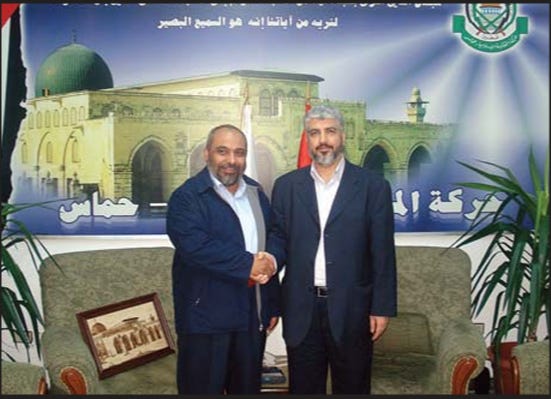
Alleged Links to Turkish Intel, Arms Smuggling, & Terror Networks
A Turkish police investigation in January 2014 uncovered that IHH had smuggled arms to al-Qaeda-affiliated jihadists in Syria. The criminal probe by prosecutors in Turkey’s Van province revealed through wiretaps and surveillance that the organization’s Kayseri and Kilis branches were sending funds, medical supplies, and household goods to jihadists in Syria. This was reportedly done with assistance from Turkey’s National Intelligence Organization, known as MIT, run by President Erdoğan’s confidant Hakan Fidan.
The prosecutor concluded the NGO participated in the scheme with full knowledge of its top management, not through random or individual action.
When Turkish investigators uncovered IHH’s connections to extremist networks, Prime Minister Erdoğan intervened to shut down the probe, subsequently dismissing and detaining the police officials and prosecutors involved.
Intelligence documents presented to the UN Security Council in February 2016 by Russian authorities identified IHH trucks—complete with license plates—transporting weapons and equipment to jihadist factions in Syria, including the Nusra Front.
Ali Fuat Yılmazer, who headed Turkey’s intelligence unit monitoring radical religious organizations, stated in 2016 court testimony that IHH functioned as a global support network for jihadist operations, providing everything from medical assistance to financial backing and personnel. He confirmed submitting extensive intelligence on these terrorist connections directly to Erdoğan during his tenure as prime minister, describing IHH as a key facilitator of al-Qaeda activities worldwide.
Court proceedings in Turkey further documented IHH’s role in supporting ISIS. In 2021 testimony, the spouse of a suspected ISIS operative confirmed that the organization supplied logistical aid to individuals residing in ISIS-controlled areas of Syria.
French counterterrorism investigator Jean-Louis Bruguière asserted that IHH had ties to al-Qaeda’s planned millennium attack on Los Angeles International Airport, discovering during late 1990s investigations that members of an international terror network operated within the organization.
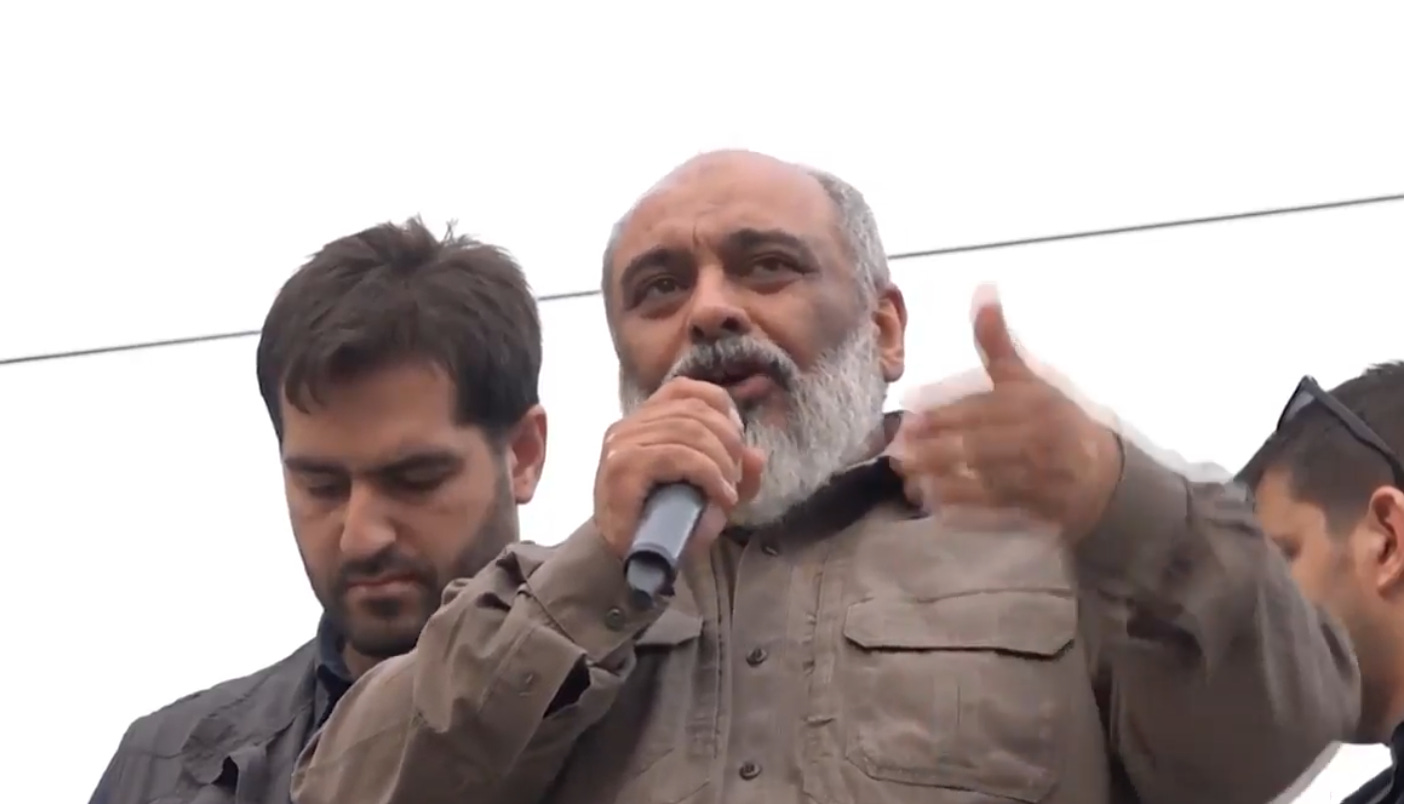
Mavi Marmara Incident and Violent Confrontation
IHH organized the 2010 Gaza flotilla, owning and operating the lead ship, the Mavi Marmara. When Israeli naval commandos boarded the vessel on May 31, 2010, they were attacked by approximately 40 IHH activists with various handheld and makeshift weapons. During searches of the ships following the operation, no humanitarian supplies were found aboard the Mavi Marmara and two other vessels.
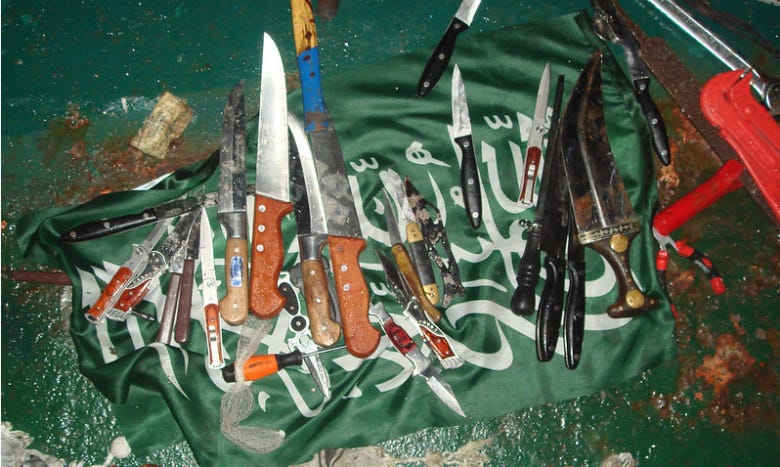
Qatari Funding Networks
Leaked financial records obtained by Nordic Monitor reveal that between 2012 and 2018, IHH received approximately $23.4 million in 81 payments from Qatar’s Eid Charity. The founder of Qatar’s Eid Charity, Abdulrahman al-Nuaimi, was designated a terrorist financier by the U.S. Treasury in 2013 for channeling substantial funds to al-Qaeda operations in Iraq, Somalia, and Yemen, with the UN Security Council imposing sanctions the following year.
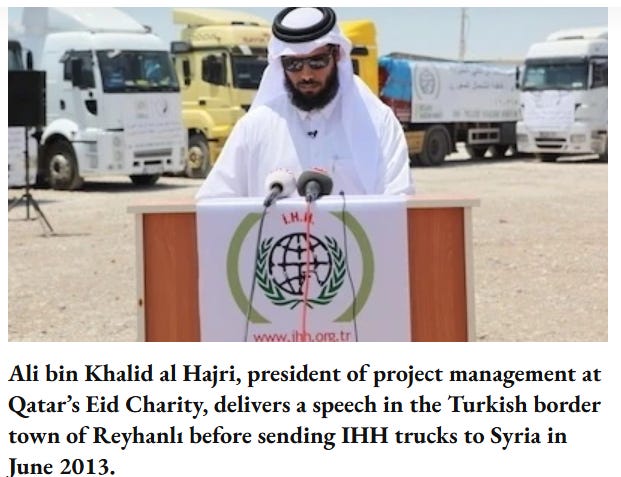
The organization’s general manager, Ali bin Abdallah al-Suwaidi, faced similar terrorist financing designations from four Arab states in 2017. In 2014, the Carnegie Endowment for International Peace characterized Eid Charity as potentially “the biggest and most influential activist Salafi-controlled relief organization in the world.”
Implications for Reconstruction Oversight
The international community’s challenge in Gaza reconstruction extends beyond physical infrastructure to ensuring that participating organizations operate transparently without diverting resources to terror activities. While humanitarian needs in Gaza remain urgent, the involvement of organizations with alleged links to terror groups underscores the complexity of balancing aid delivery with security concerns in reconstruction efforts.
Additional Note: On October 21, 2025, the Meir Amit Intelligence and Terrorism Information Center published a report that further corroborates the findings from this article regarding IHH’s alleged ties to terrorist networks.



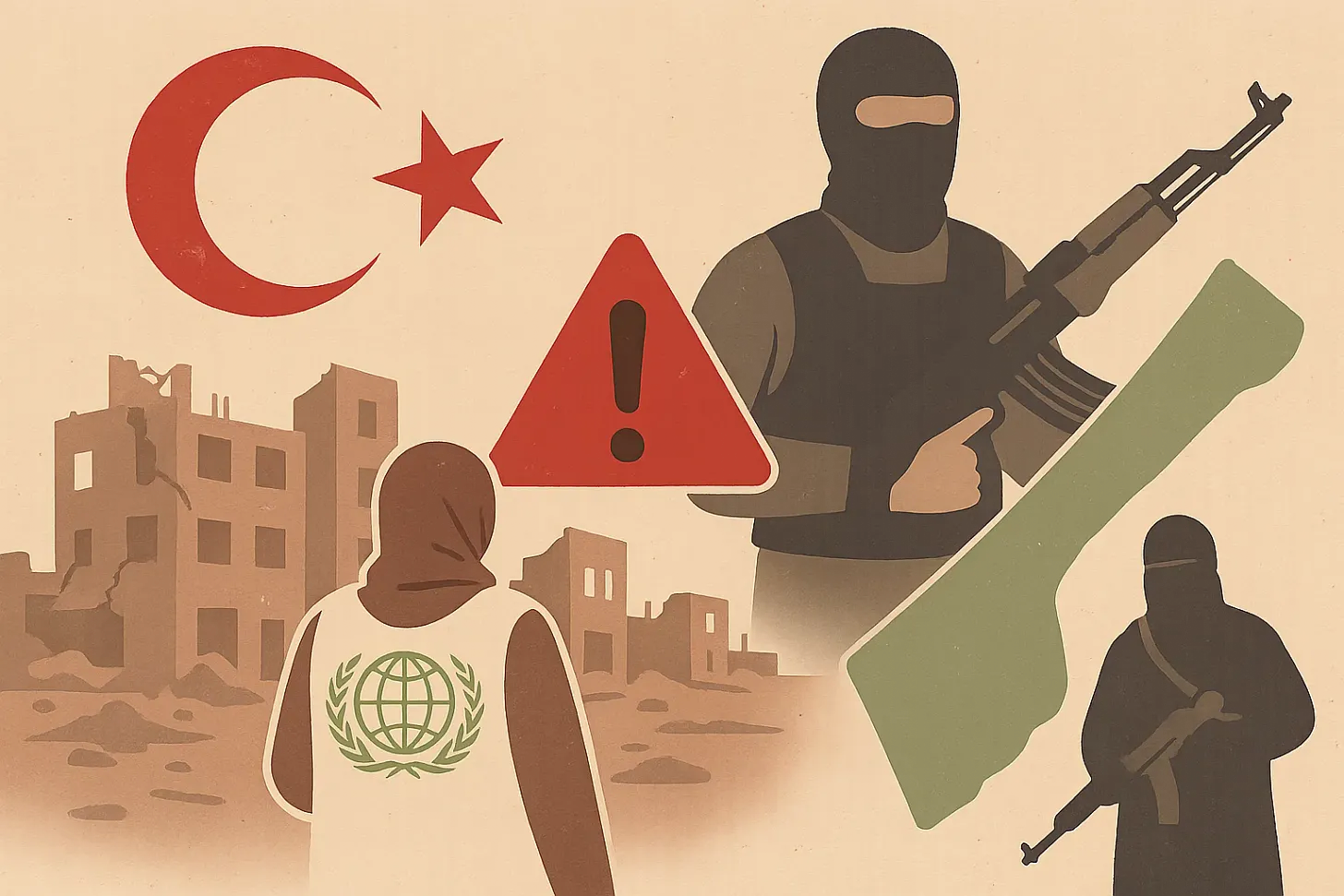
Assuming all these ties to terror is true then
why do so many of these named individuals have American green-cards?